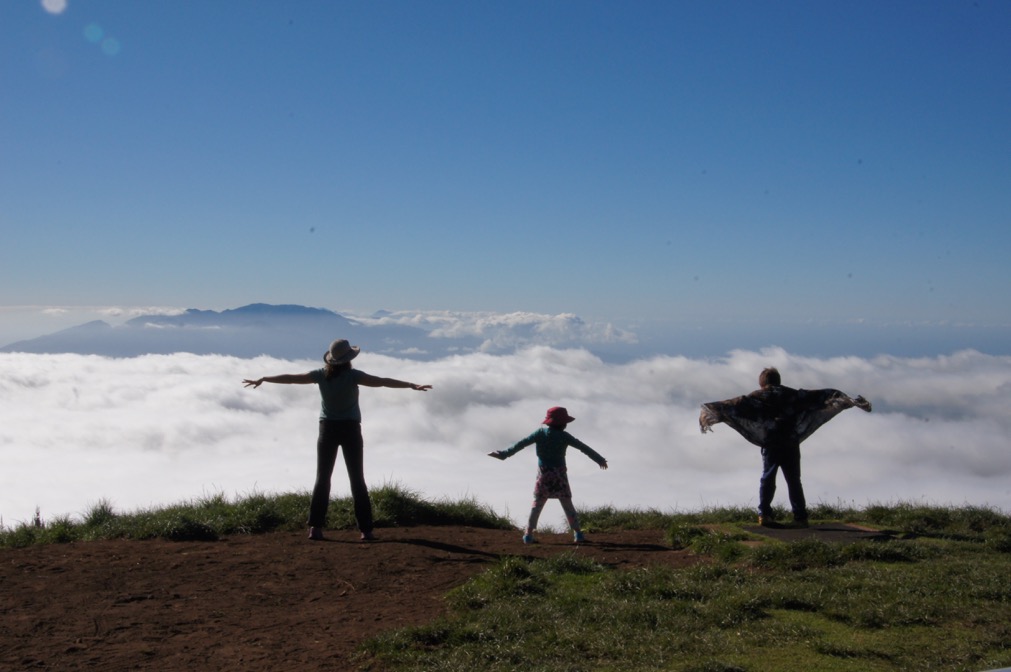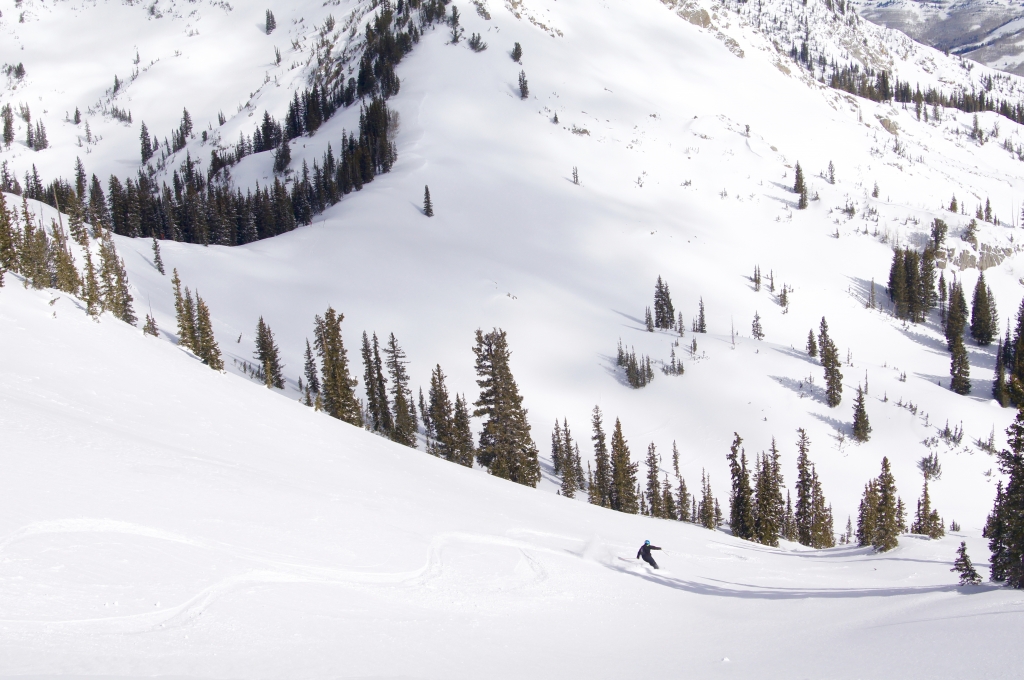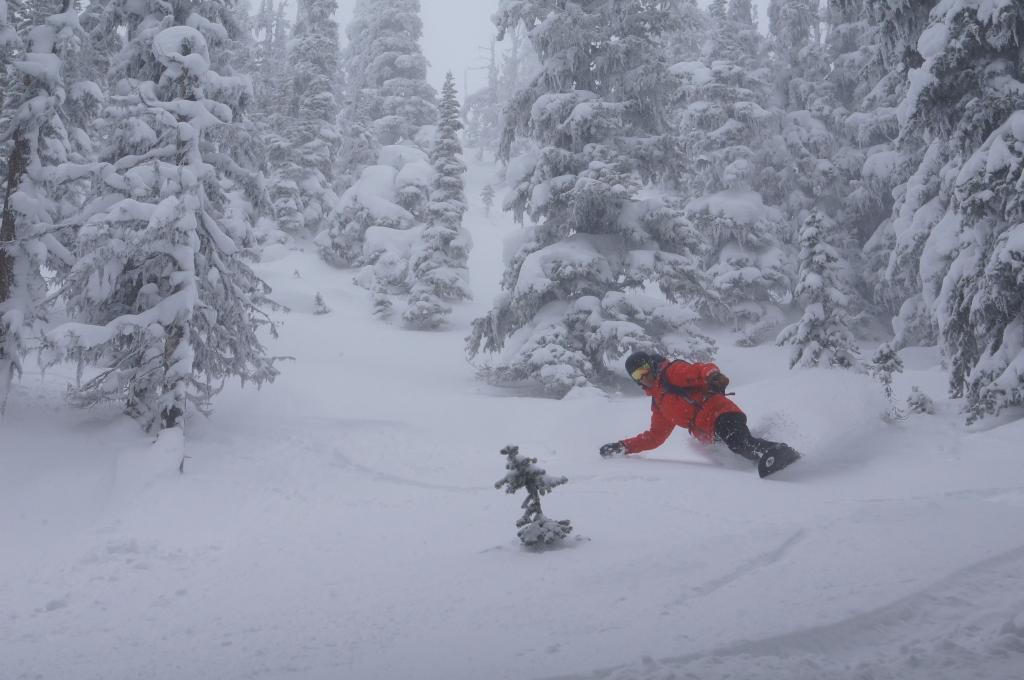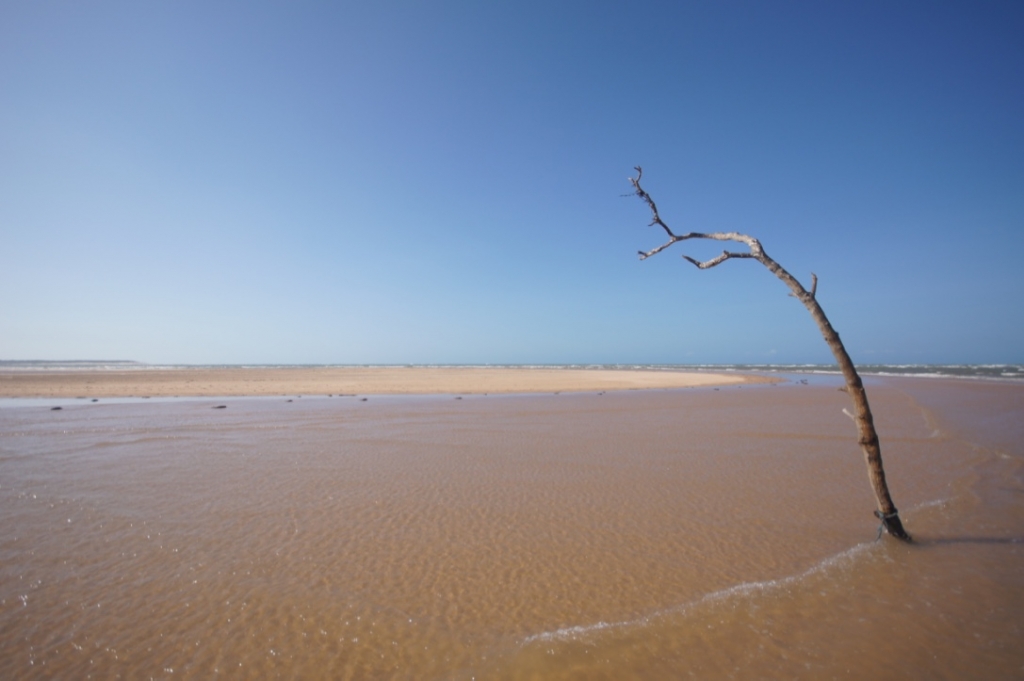
Okay, I get it: I’m not going anywhere anytime soon. So as an inveterate adventure traveler facing a months-long adventure deficit, I decided in mid-March that I had to get resourceful. So in the past three weeks, I’ve been kite surfing in Hawaii, heli-skiing in British Columbia, kayaking in Baja California and mountain biking in the Arizona desert. And I’ve done it all without leaving my neighborhood.
I’m not talking about virtual travel videos or Oculus Rift or recreational drugs, each of which I’m sure has its virtues. Instead, I’m traveling using only the power of my consciousness, a technique I learned four years ago when a sports injury forced me to cancel a long-awaited adventure trip and my physical therapist, Annie Johnstone, offered this wisdom:
“You can still go. Just go there in your mind. Immerse in it. Feel it and be grateful for it.”AD
I did as she said, and although I wasn’t delighted about staying home, I found calming sanctuary in the chambers of my brain where travel memories reside. I sat on my couch, took a few meditative breaths, cast out the demons of FOMO and came pretty close to reexperiencing the feeling of carving down a wave face while steering an airborne kite, a tropical sun baking sea salt into my back. And while I couldn’t share the celebratory beers I knew my friends were enjoying, I could, with some neurological effort, almost taste those too.
One reason this exercise worked, says Tom Gilovich, a psychology professor at Cornell University who has studied the happiness people derive from experiences, is that “experiential consumption resists adaptation.” That’s a fancy way of saying that the gratification we derive from a great trip far outlasts the positive emotions of buying, say, a new rug.

“We quickly lose interest in a new material possession, but, as Humphrey Bogart said, ‘We’ll always have Paris,’ ” he explains. “I often recall some of my favorite hikes in New Zealand and think, ‘Wow, I can’t believe I got to do that.’ ”AD
This is a good place to acknowledge the obvious: Any annoyance that I or any other healthy individual is experiencing because we can’t take a leisure trip pales in comparison to the problems many people face every day, especially those who are sick, grieving, jobless or otherwise unmoored because of covid-19.
Still, traveler frustrations are valid and may be most acute in hardcore adventurers, says Frank Farley, a Temple University psychology professor and former president of the American Psychological Association who coined the term “Type T personality” to describe thrill seekers and risk takers.
“People who are governed by T behavior are probably among the least likely to enjoy” the physical limitations of a quarantine, Farley says. “It’s the exact opposite of what they want, and they’ll probably start looking for a ‘Type T breakout’ — a way to escape incarceration.”AD
For some, that might mean throwing caution to the wind and traveling in search of adventure — and by now you don’t need me to tell you how socially irresponsible that would be. Instead, Farley recommends shifting from what he calls “T-physical” to “T-mental.” My consciousness journeys are one way to do that because they allow me to kinda-sorta believe I’m engaged in a sport, which in turn triggers at least a minor surge of the pleasure-yielding neurotransmitter dopamine in my brain. Other T-mental activities include reading adventure literature — among my favorites are accounts of early polar explorations and the first forays by foreigners into the Sahara — and journaling on past trips.
“People love stories, and adventurers are usually very interesting in the sense that they’ve let go of the handrails,” he says. “If you’ve done interesting adventures, share them. Your friends and family would love to have that. You’re not going to be out there for a while, so sit down and write.”
But what Farley said next really grabbed me. In his extensive study of adventurers, he found one prevailing trait: their focus on the future.AD
“Sure, they shared their stories of all they’d done, but mostly it was all about the next gig, the next huge challenge,” he says. “So use this time to plan your big post-pandemic adventure,” with friends or other like-minded travelers through, for example, online clubs and forums.
Of course, even with stay-at-home directives and other harsh realities, the entire world isn’t shut down, so get out locally if you can do so safely and legally. For me, that has meant mountain biking, kayaking, trail running and kitesurfing — all of which have been somewhat pinched by weather, work, parenting duties and governors’ orders.
So when I’m really starting to go nuts, I recall a quote from the late novelist Philip Roth’s book “The Dying Animal”:
“You tasted it. Isn’t that enough? Of what do you ever get more than a taste? That’s all we’re given in life, that’s all we’re given of life. A taste. There is no more.”

Instinctively I want to shout, ‘No, Philip Roth, a taste isn’t nearly enough, and who in their right mind would accept that?’ On the other hand, I think about all those people who’ve never had the resources to leave their city, village or slum, people who can’t even imagine buckling up $600 boots, stepping into $900 skis and paying $150 for a seven-hour lift ticket so they can ski the day away, pausing only for a $30 lunch.AD
From that vantage, a taste seems far more than I deserve, no matter how hard I’ve toiled in my first-world job. As I type this, my wife is reading a news story about Indian workers walking, in some cases hundreds of miles and with small children in tow, to their native villages because the covid-19 shutdown ended any hope they had of making money in the cities. So, yeah, pausing to feel ridiculously lucky in life can help, too.
The other day, my 8-year-old daughter Christina, who’s had an unprecedented window into my daily routines, asked why I deny myself food until early afternoon every day.
“To stay healthy,” I answered, “so I can still ski with you in 30 years.”
“I don’t think you’ll be skiing in 30 years,” she said.
It took me a second to realize that in 2050 I’ll be 83 and she 38, a nice bit of symmetry on which to gamble.AD
“Wanna bet?” I offered.
She bit, and we wagered a 375-milliliter bottle of High West Double Rye whiskey, a libation that I assured her she’d appreciate in adulthood, and one that pairs extraordinarily well with snowy evenings in the Wasatch Mountains of Utah — where I intend to be when I win, gloating and (maybe) sharing my whiskey with my daughter.
This bet also served a higher purpose, transporting me back to my last Utah trip, a January powder chase to Alta with my son Kai, and forward through the next 30 ski seasons. It also got me thinking about all the adventures my children have in front of them and how part of my self-assigned role is to equip them to seize every day and see the gaps between the trees, the good amid the turmoil and the possibilities against the odds.

This is a hard time, but we who have tasted adventure must acknowledge our good fortune and find peace, patience and ways to sustain as we wait to hit the road again.
Comments